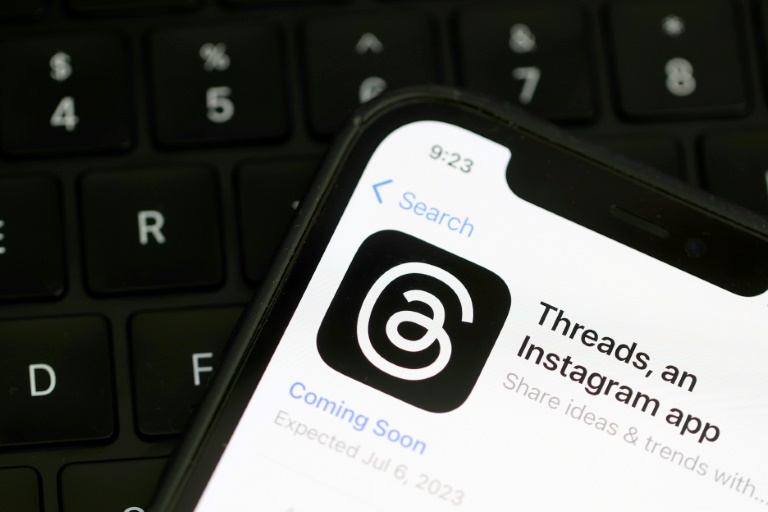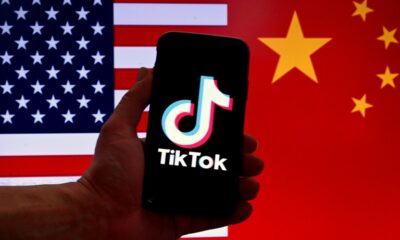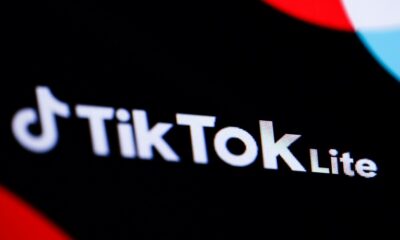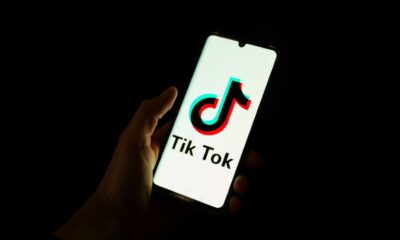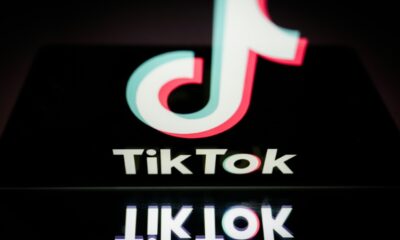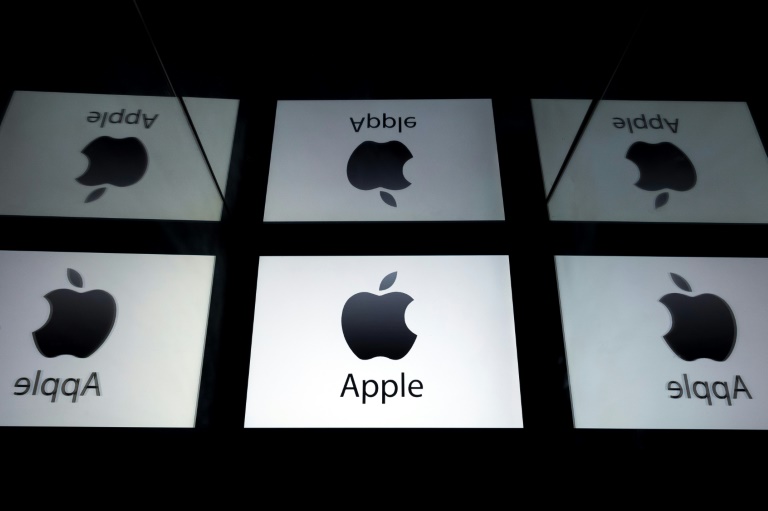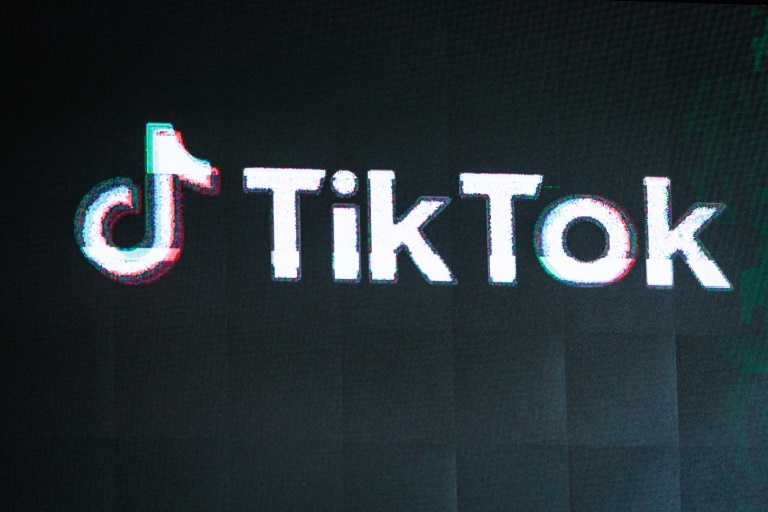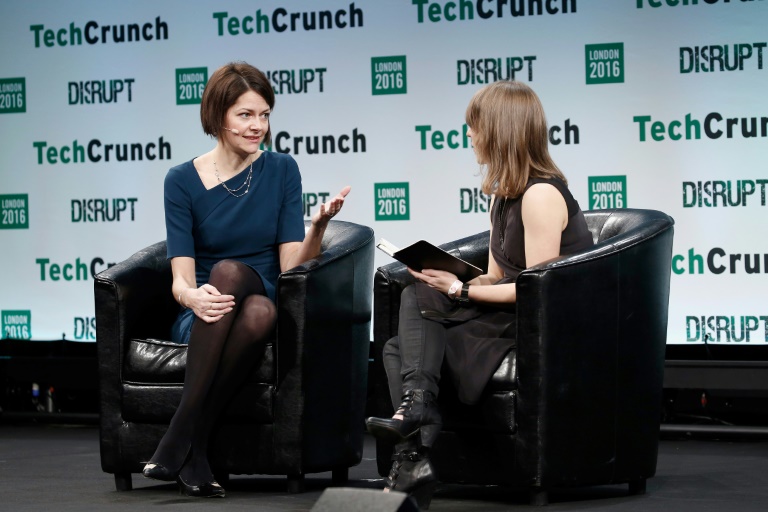After a wildly successful first few days, Threads popularity has waned in the weeks since Meta launched its challenge to Twitter, which lives on despite its problems.
The average amount of time people spend on Threads daily has plummeted more than 75 percent since the platform made a rock star debut on July 6, according to data from Sensor Tower, a market analysis firm.
Threads was quickly billed as a potential death knell for Twitter, a platform that has tumbled into chaos under the leadership of mercurial tycoon Elon Musk.
The launch saw sign-ups of more than 100 million users in less than five days, smashing the record of AI tool ChatGPT for fastest-growing consumer app and creating relief and excitement amongst early adopters fleeing Twitter.
“I actually closed down my Twitter account after starting Threads,” said Brooklyn resident Lauren Brose, head of marketing at a tech start-up.
“I used to love Twitter. After Elon Musk took over Twitter, I found that the entire environment just changed completely.”
But weeks later, Threads has since seen a “material decline in new sign-ups,” Sensor Tower said.
Twitter continues to dominate its space as a platform for online comment and news, and Musk “would have to completely destroy it” to drive away its audience for good, according to Silicon Valley investor and analyst Jeremiah Owyang.
“Will Threads kill Twitter? Absolutely not. It’s just not equivalent,” he said.
Threads went live on Apple and Android app stores in 100 countries at its launch, though it is not available in Europe because parent company Meta is unsure how to navigate the European Union’s data privacy legislation.
Twitter is thought to have around 200 million regular users but it has suffered repeated technical failures since Tesla tycoon Musk bought the platform last year and sacked much of its staff.
Musk, also the boss of SpaceX, has alienated users by introducing charges for previously free services and allowing banned right-wing accounts back on the platform.
There is little doubt that Threads had a major leg up compared to other wannabe Twitter alternatives.
Several rivals have emerged but most are niche platforms without the capacity to grow at the necessary scale to dethrone Twitter.
But Meta was able to easily prompt Instagram users to start Threads accounts, tapping into a base of at least a billion users at the image-focused social network.
– Not about news? –
Threads has a lot to prove, and features to add, to become a formidable Twitter alternative, according to Insider Intelligence analyst Jasmine Enberg.
It needs to foster creators to engage users, and to find its own identity separate from Instagram and Twitter, Enberg said.
“Given that Twitter is in a state of disarray, the brilliant move that they did was using the existing social graph from Instagram for rapid and seamless adoption,” Owyang said of Threads.
The downside is that’s not the user base “that you want to have chats with or to do microblogging,” he added.
Instagram users typically engage with the service for images or videos, not commentary or controversy, Owyang noted.
“It is a very different crowd on Instagram,” Creative Strategies analyst Carolina Milanesi said of a comparison to Threads.
Twitter is known as a forum for news and politics, topics that Threads has no interest in spotlighting, according to a recent post by Threads and Instagram boss Adam Mosseri.
Meanwhile, Twitter is seen as an established home for posts by journalists, celebrities, athletes, politicians and others.
Another roadblock to Threads growth is that Meta is holding it back from the European Union, Milanesi said.
“You are missing a big chunk of the market,” she said of Threads being absent from the EU.
– Twitter ‘diaspora’? –
While people frustrated with Musk-owned Twitter are seeking alternatives, no single competitor has established itself as the ideal option.
Twitter quitters have become a “diaspora” of sorts, spread across Mastodon, Bluesky, Threads and other platforms in search of a new social media home, Owyang reasoned.
“Many people have left Twitter, and that will continue,” Owyang said.
“But the issue is where are they going? There’s no one centralized place to go.”
The Threads app has been downloaded more than 184 million times globally since its launch, according to Data.ai Intelligence.
“But, the app hasn’t proved to be materially different from Twitter in terms of features/functionality,” said Sensor Tower senior insights analyst Abe Yousef.
“What should dissuade people from remaining on Twitter, assuming they’re comfortable with Twitter’s content policies?” Yousef added.

 Business4 months ago
Business4 months ago
 Business5 months ago
Business5 months ago
 Events3 months ago
Events3 months ago
 People4 months ago
People4 months ago
 Events4 months ago
Events4 months ago
